As the VCT offseason gets into full swing and rosters become increasingly variable, EMEA kings Fnatic made a shocking change for next season—but it’s all down to one issue the team has consistently been vocal about.
The organization’s head VALORANT coach Jacob “mini” Harris surprised many fans of the European super team when he announced that he has stepped down as its head coach today.
Mini’s reason? Finding “better work-life balance,” the coach wrote on Twitter.
Mini and the current Fnatic roster had their most successful year in professional VALORANT during 2023, taking home two international LAN trophies and placing fourth at this year’s Champions tournament. After their frankly unprecedented success at international events during the 2023 season, many fans were actually disappointed that the EMEA squad didn’t go all the way to secure a hat trick.
But both in-game leader Jake “Boaster” Howlett and star flex player Timofey “Chronicle” Khromov publicly talked about how the packed VCT schedule made it so they weren’t able to prepare new strategies and lineups for Champions after Masters Tokyo when Riot Games announced the 2024 VCT schedule.
“You stay until the end of these events, and then you go again, and you go again, and you go again,” Boaster said during the post-game press conference after Fnatic fell out of Champs. “Maybe some other teams get knocked out early and have a week’s break to recuperate. But we have no time to recuperate and we’re like ‘bloody hell we’re straight back into it, oh my goodness.’ Do we change comps? No, because we have two weeks before the tournament starts.”
During this year’s season, events were basically back-to-back; 2023 kicked off with the LOCK//IN single-elimination tournament in São Paulo in mid-February, followed by the regional leagues in late March, then Masters Tokyo in mid-June and Champions in August. Teams that qualified directly into Champs got a month to rest thanks to each region’s last chance qualifiers, but teams that were vying for one final shot at Champs had a brutal gauntlet to endure.
According to Riot’s plans for the 2024 VCT season, things will not be slowing down. In fact, Riot has axed LCQs next year, which will eliminate that month of rest for teams who directly qualify and effectively put VALORANT pros into a non-stop season for seven months. Though Riot seems to be intent on keeping the pace of VCT up, we have to wonder how that will actually impact the league next season. So far just from what we’ve seen with Fnatic, the signs don’t seem to point towards a sustainable future.
The reality is that Fnatic are probably the only team that will be able to come close to a three-peat in the current VCT structure precisely because of this unrelenting schedule. Boaster and Mini have been working together for years to create the kind of roster that was able to have such a successful season, but due to burnout, they no longer have both of those experienced hands at the wheel.
We don’t know who will replace Mini, but it wouldn’t be surprising to find that the candidates are also more limited by how demanding this job seems to be.
Dynasties are built on strong foundations that can endure and support future adaptations. If organizations are driving their coaches and players into the ground with no chance to recover, these foundations will become cracked and unstable. The partnered teams are already volatile, with players switching rosters frequently as teams chase stars. Adding an extra element of burnout to the equation will only spell out faster retirements for players and coaches, and weirder, scrappier seasons for partnered teams. The lack of consistency will also make it that much more difficult for teams to build rosters that can take home consistent trophies.
The upcoming VCT ecosystem seems particularly questionable for new talent, as Riot’s schedule and previous mishandling of the former The Guard roster’s Ascension spot upon the implosion of their org blatantly disregards the needs of players in favor of what seems beneficial for the corporation.
Seasoned stars will still likely be picked up for big money during roster-mania, but new talent akin to Evil Geniuses’ breakout player Max “Demon1” Mazanov probably won’t be so lucky. These players are likely looking at lower salaries for more work and higher chances of being benched if they can’t produce results.
While playing professionally is obviously a dream for many of the best VALORANT players out there, it may be a better decision both mentally and financially for them to stick with streaming or content creation under Riot’s current plans for the VCT. The economic structure of this league is clearly still in flux, so players will probably have better chances betting on themselves than Riot right now.


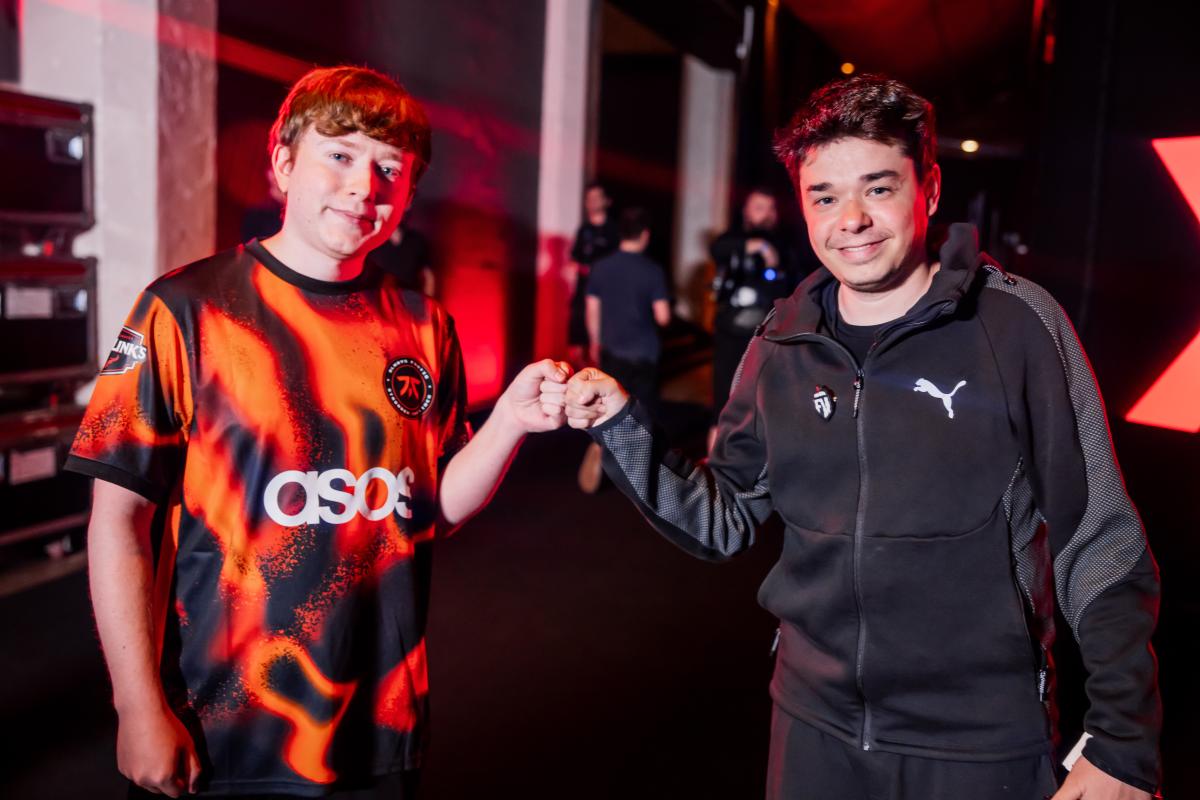
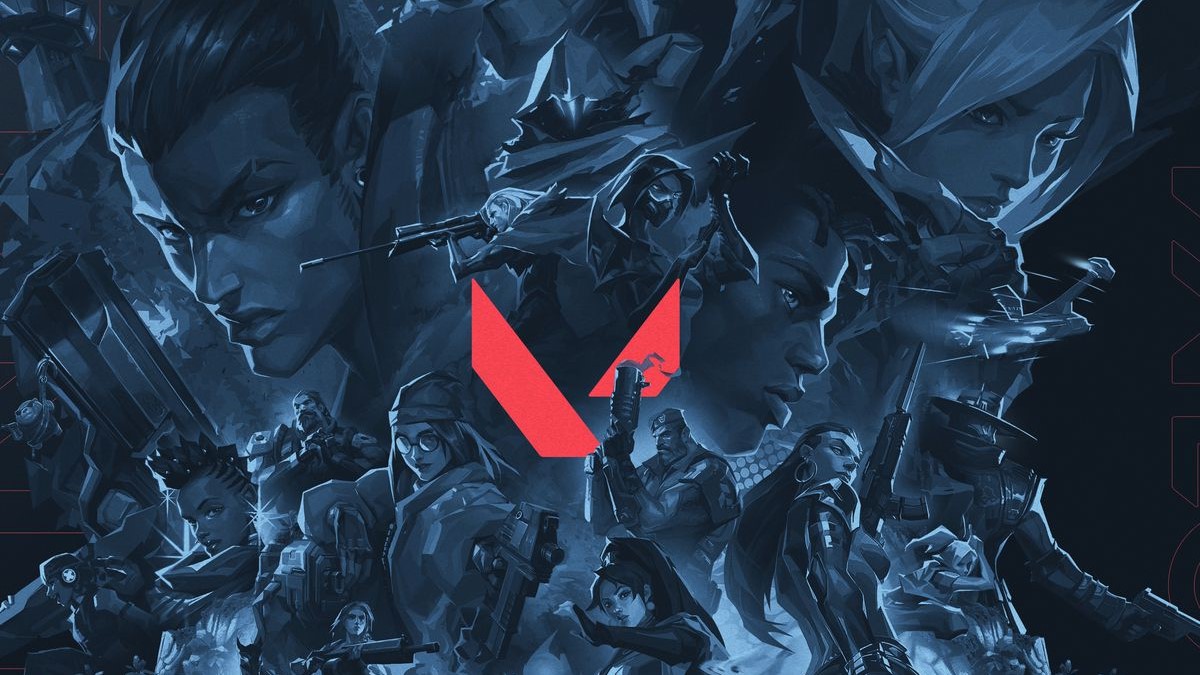
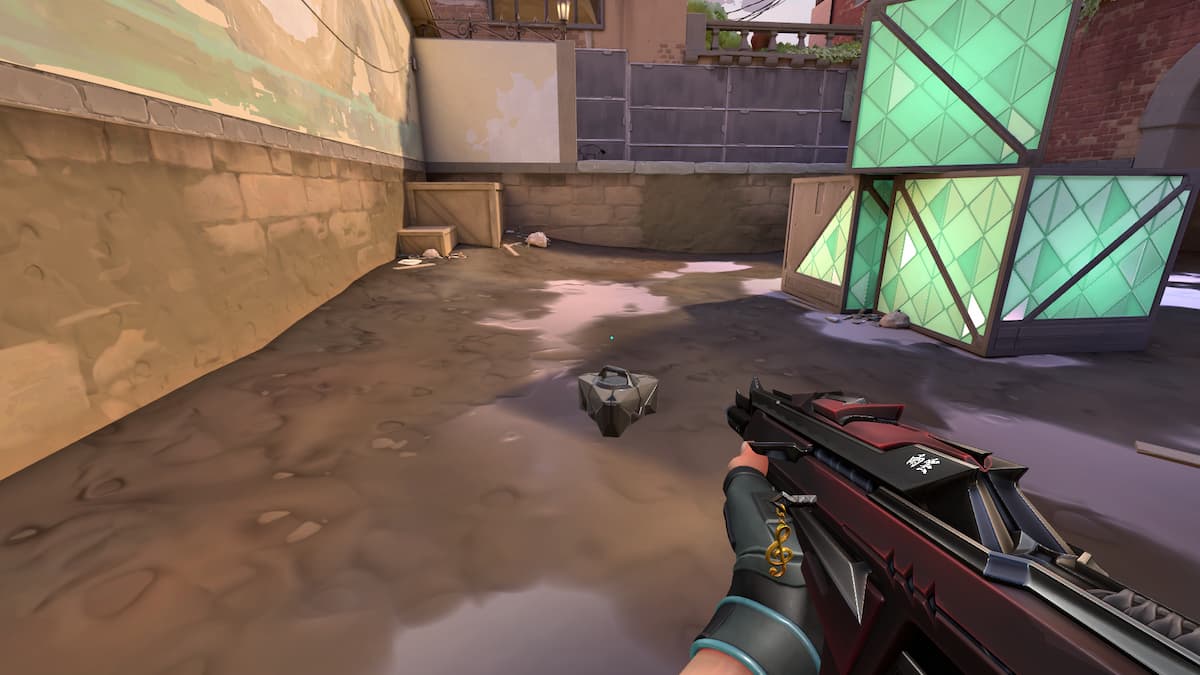

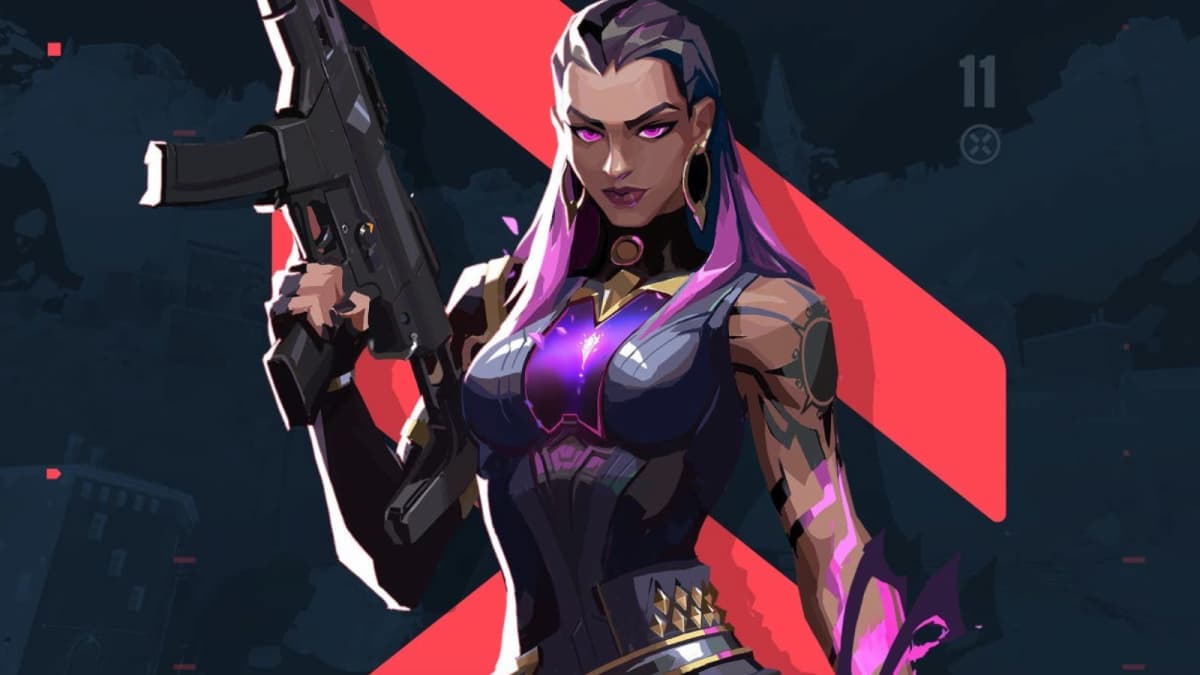
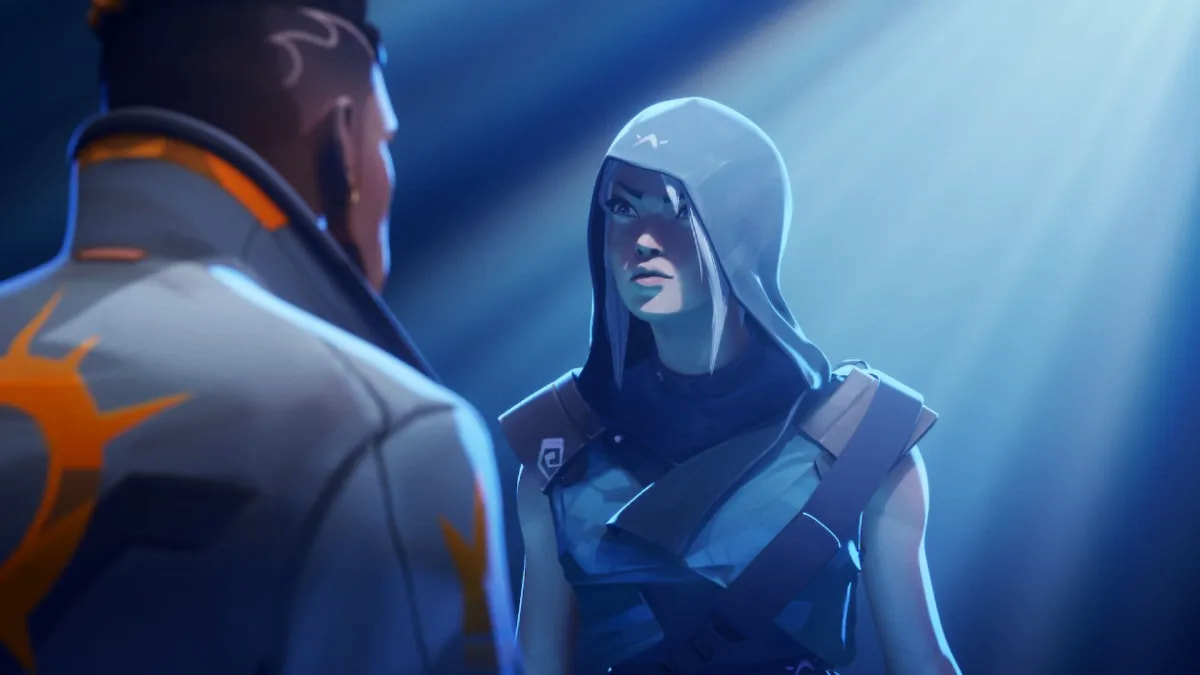
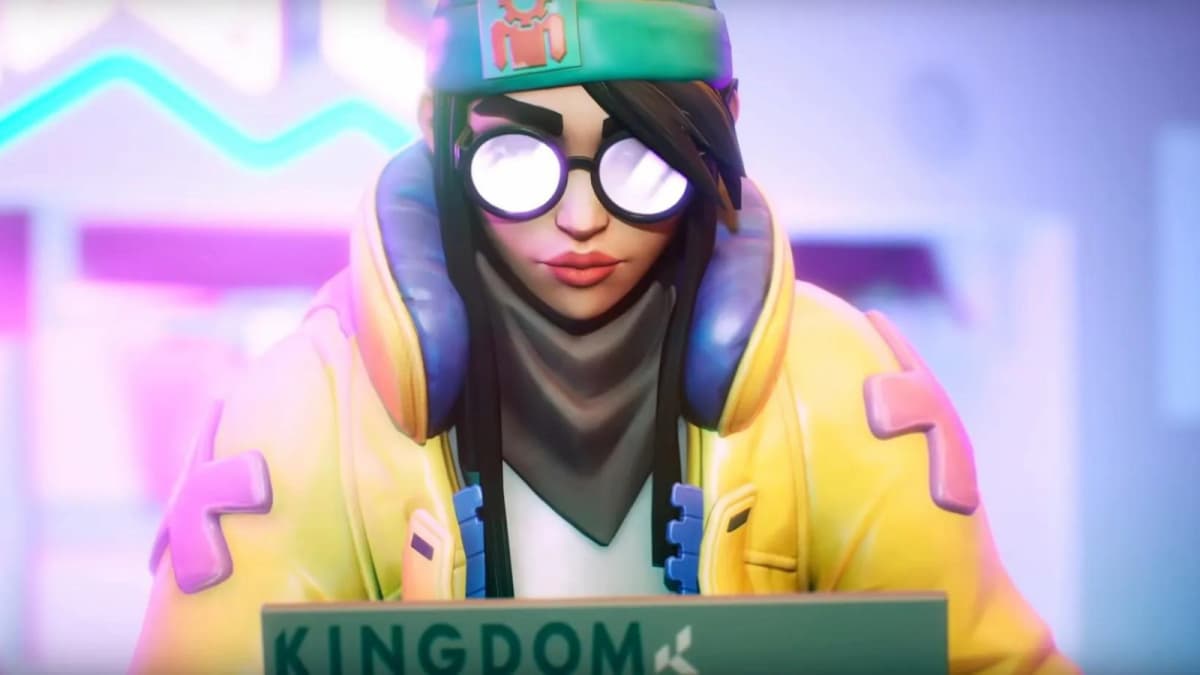
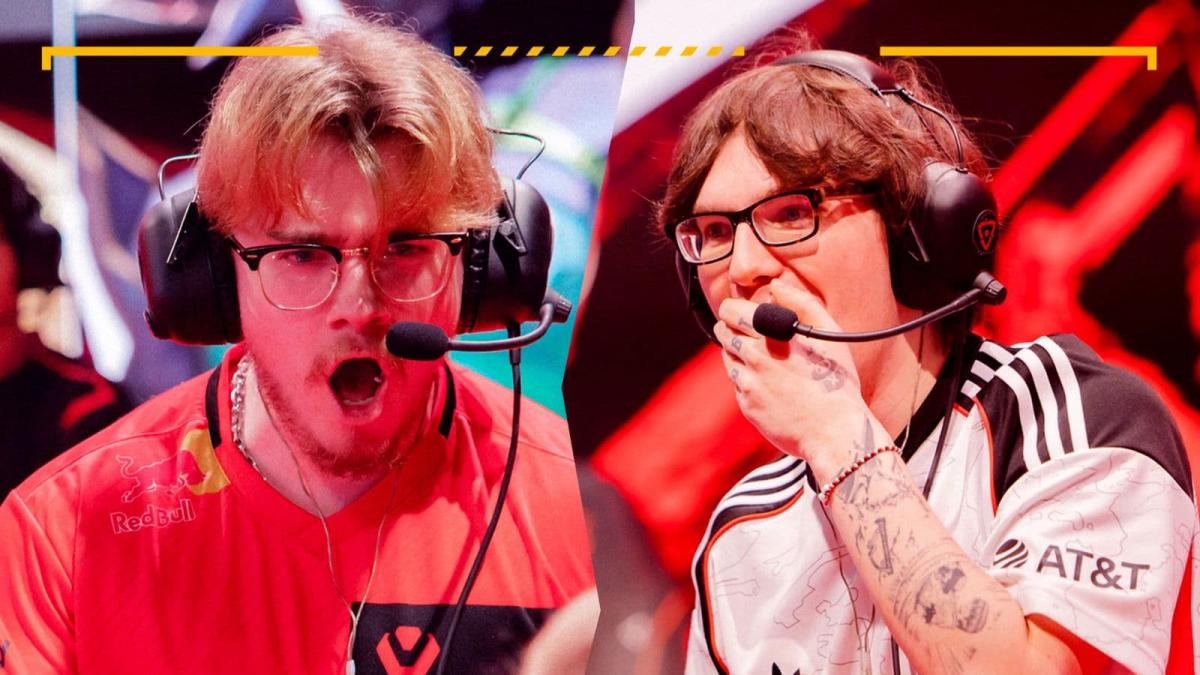
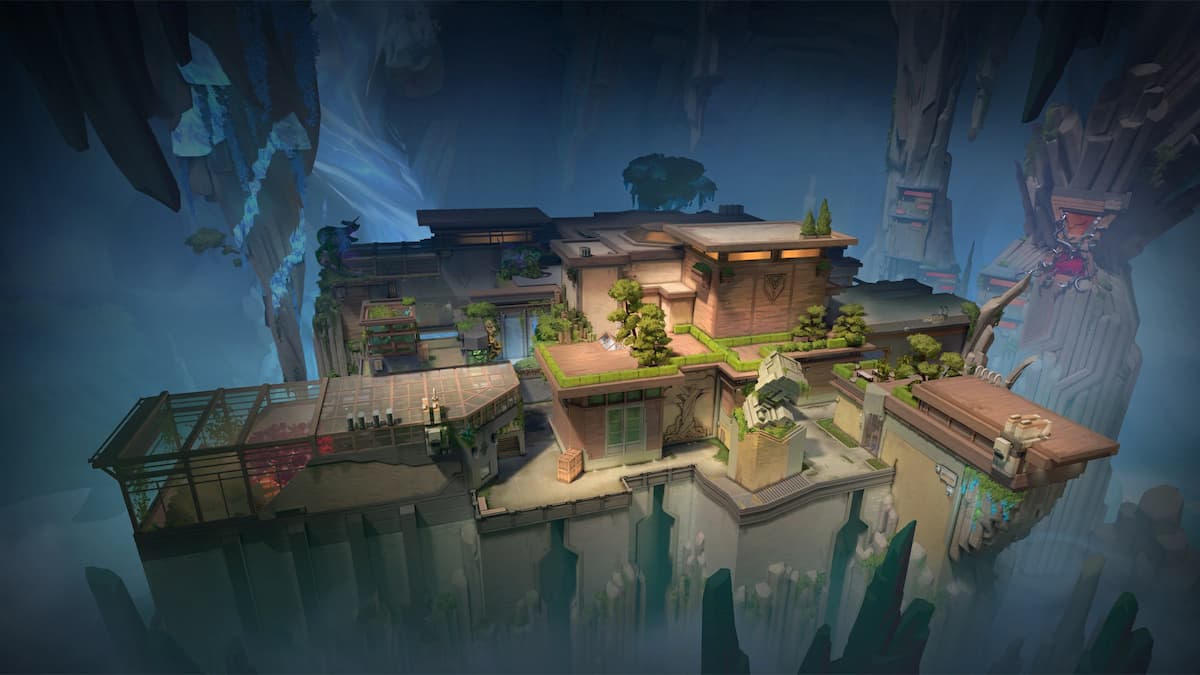
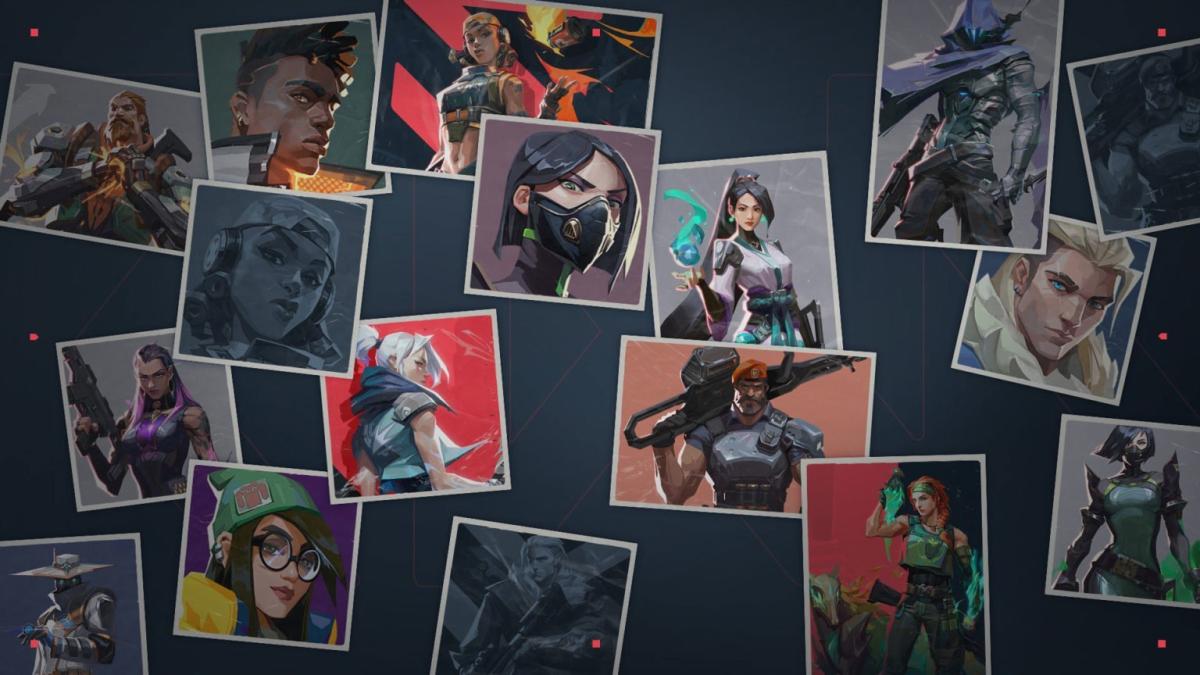
Published: Sep 11, 2023 12:48 pm